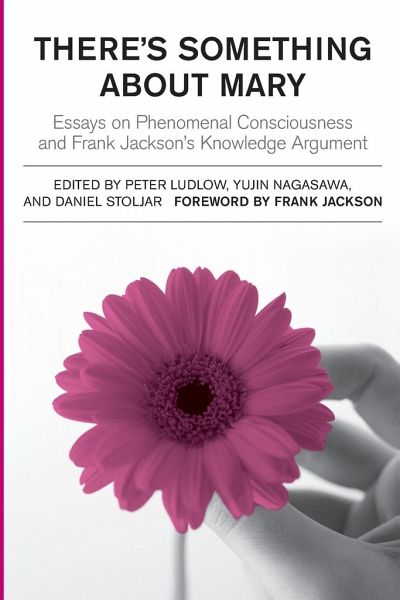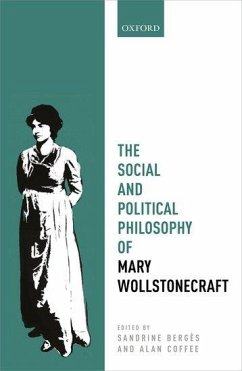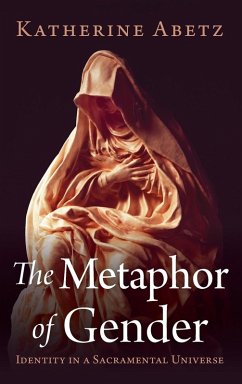
There's Something About Mary
Essays on Phenomenal Consciousness and Frank Jackson's Knowledge Argument
Herausgeber: Ludlow, Peter; Stoljar, Daniel; Nagasawa, Yujin
Versandkostenfrei!
Versandfertig in 1-2 Wochen
41,99 €
inkl. MwSt.

PAYBACK Punkte
21 °P sammeln!
In Frank Jackson's famous thought experiment, Mary is confined to a black-and-white room and educated through black-and-white books and lectures on a black-and-white television. In this way, she learns everything there is to know about the physical world. If physicalism—the doctrine that everything is physical—is true, then Mary seems to know all there is to know. What happens, then, when she emerges from her black-and-white room and sees the color red for the first time? Jackson's knowledge argument says that Mary comes to know a new fact about color, and that, therefore, physicalism is f...
In Frank Jackson's famous thought experiment, Mary is confined to a black-and-white room and educated through black-and-white books and lectures on a black-and-white television. In this way, she learns everything there is to know about the physical world. If physicalism—the doctrine that everything is physical—is true, then Mary seems to know all there is to know. What happens, then, when she emerges from her black-and-white room and sees the color red for the first time? Jackson's knowledge argument says that Mary comes to know a new fact about color, and that, therefore, physicalism is false. The knowledge argument remains one of the most controversial and important arguments in contemporary philosophy.There's Something About Mary—the first book devoted solely to the argument—collects the main essays in which Jackson presents (and later rejects) his argument along with key responses by other philosophers. These responses are organized around a series of questions: Does Mary learn anything new? Does she gain only know-how (the ability hypothesis), or merely get acquainted with something she knew previously (the acquaintance hypothesis)? Does she learn a genuinely new fact or an old fact in disguise? And finally, does she really know all the physical facts before her release, or is this a "misdescription"? The arguments presented in this comprehensive collection have important implications for the philosophy of mind and the study of consciousness.













